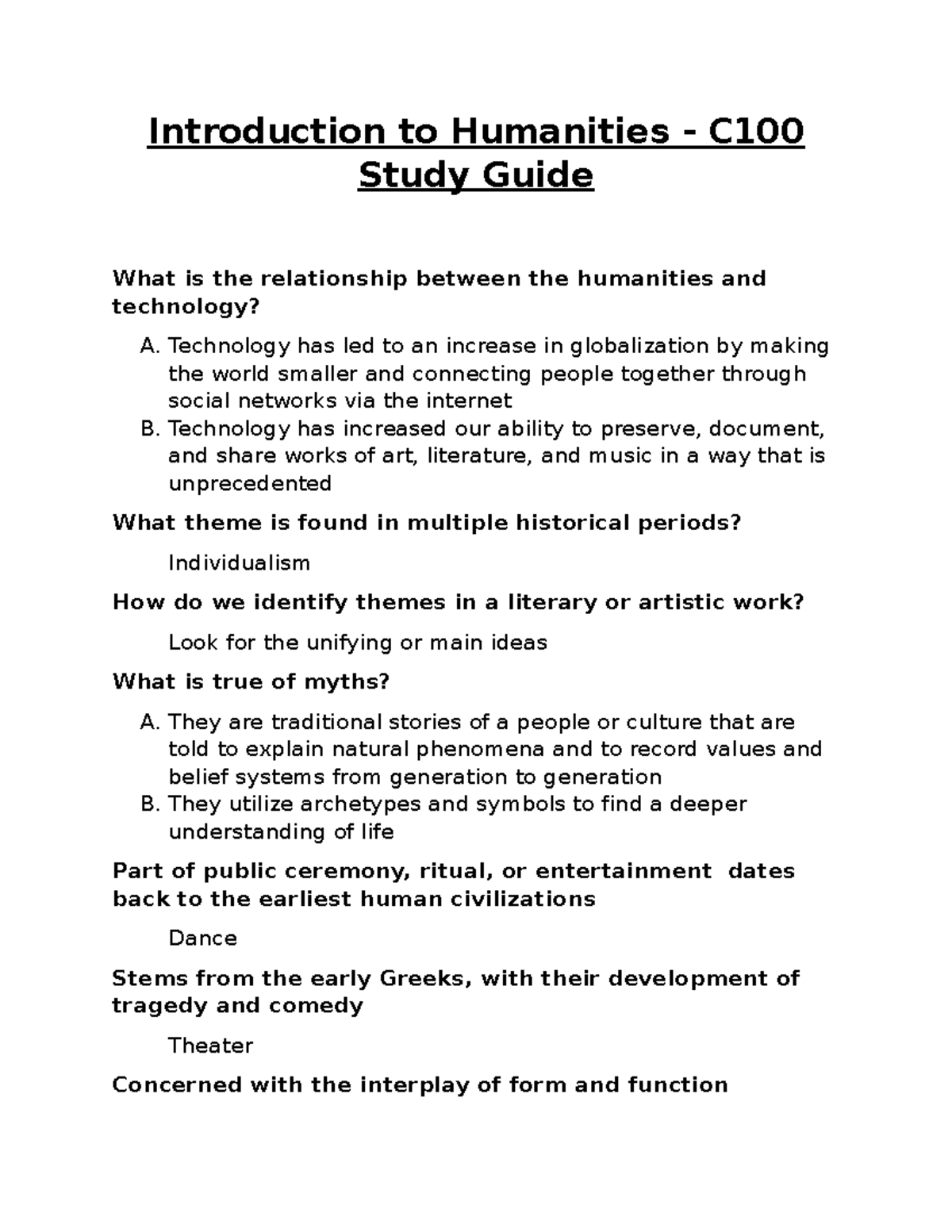
Chimamanda Ngozi Adichie Discusses Fiction and Radical Honesty
Chimamanda Ngozi Adichie, a profound voice in contemporary literature, has captured the hearts of readers worldwide with her compelling storytelling. Celebrated for her previous works, Adichie’s latest novel, “Dream Count,” delves deep into themes of love, identity, and the nuanced aspects of grief and writing. The author, who candidly discusses her own experiences and the concept of radical honesty in fiction, emphasizes the emotional journey behind her creative process. In a recent Chimamanda Adichie interview, she shared insights into how personal loss shaped her narrative, adding layers of richness to her characters. As “Dream Count” unfolds, readers are invited to explore the lives of interconnected women navigating their paths through adversity and self-discovery, making it a must-read for fans of meaningful fiction writing.
Chimamanda Ngozi Adichie stands as an influential figure in modern storytelling, particularly through her insightful exploration of complex themes such as loss and self-awareness. Her newest work, titled “Dream Count,” articulates the delicate interplay between personal experience and fictional narrative, showcasing the author’s commitment to profound emotional truths. Adichie often speaks about the necessity of what she terms “radical honesty” in her writing, a principle that resonates deeply with readers seeking authenticity in literature. A recent discussion featuring her insights allows an in-depth look into the evolution of her characters, illustrating their struggles and triumphs against the backdrop of real-life challenges. This literary exploration invites enthusiasts of narrative craft to engage with the profound connections between grief, resilience, and the transformative power of storytelling.
Chimamanda Ngozi Adichie: The Art of Radical Honesty in Fiction
Chimamanda Ngozi Adichie emphasizes the importance of ‘radical honesty’ in her storytelling. In a literary landscape filled with diverse narratives, honesty emerges as a pivotal virtue that underpins the very fabric of her characters’ lives. Adichie’s belief is that true fiction requires the writer to delve into the depths of their own emotions and experiences, revealing their innermost thoughts and feelings on the page. This approach not only enriches the narrative but also allows readers to connect deeply with the characters, fostering a sense of authenticity that resonates long after the book is closed.
In her new novel ‘Dream Count,’ Adichie channels her personal experiences of grief, particularly following the loss of her father, into her creative work. This profound emotional response informs the struggles and triumphs of her characters, highlighting how trauma and transition shape one’s understanding of love and self-identity. By embracing radical honesty in her writing, Adichie not only shares her vulnerabilities but also cultivates a universal message about the human condition—celebrating life’s complexities and the myriad paths we might take.
Exploring Grief and Writing: Lessons from ‘Dream Count’
Grief is a central theme in Chimamanda Ngozi Adichie’s ‘Dream Count’, reflecting her personal journey through loss and self-discovery. Adichie’s exploration of grief is not presented merely as a subject but rather as a transformative experience that shapes both individuals and their narratives. Each character in the novel grapples with their own grief, illustrating the impact of emotional trauma on life’s choices and relationships. Adichie articulates how, through writing, she forms connections between her personal losses and the wider human experience, creating a dialogue that encourages readers to confront their own grief with honesty and resilience.
The act of writing about grief has therapeutic implications that extend beyond the page, allowing both the author and the audience to navigate their emotions meaningfully. For Adichie, the process of crafting ‘Dream Count’ became a way to process her father’s death and consider broader themes of mortality, love, and aspiration. The interconnected stories of the characters serve as reflections on how grief molds our identities and influences our decisions, nurturing a deeper understanding of both self and others as we navigate our respective journeys through heartache.
Finding Identity and Self-Discovery in Fiction
In ‘Dream Count’, self-discovery emerges as a predominant motif, guiding each character towards their true selves amid life’s adversities. Through their journeys, readers explore the intricate issues of identity, particularly for women navigating societal and personal challenges. Adichie portrays the paths of her characters—Chiamaka, Omelogor, Zikora, and Kadiatou—with grace, revealing how their personal histories and cultural backgrounds inform their experiences. This layered storytelling resonates deeply, encouraging readers to reflect on their own identities and the narratives that shape them.
Identity in Adichie’s works extends beyond individualism, reflecting the interconnectedness of lives. By weaving together the narratives of different women from diverse backgrounds, she challenges readers to consider how their own identities are influenced by communal ties, culture, and shared experiences. As each character confronts their truths, the novel offers a compelling commentary on the necessity of understanding oneself to fully engage with others, echoing Adichie’s belief that self-knowledge leads to a deeper compassion for those around us.
The Role of Fiction in Navigating Political Uncertainty
Amidst a backdrop of political turbulence, Chimamanda Ngozi Adichie’s ‘Dream Count’ emerges as a beacon of clarity and insight. The dynamic conversations during her recent Q&A session revealed a growing interest in how fiction can serve as a platform for grappling with complex societal issues. In this vein, Adichie underscores the significance of storytelling as a device to process political uncertainty and personal turmoil, emphasizing that fiction allows us to explore the ramifications of our shared realities while providing solace and perspective.
Adichie’s narrative approach serves not only as an escape but also as a means to confront uncomfortable truths about our societies. By crafting authentic characters that navigate their dilemmas, she invites readers to engage with the political climate through a personal lens. This strategy fosters empathy, encouraging readers to reflect on their positions within the societal fabric, and to consider how their own stories intersect with broader movements for change.
Crafting Characters: The Heart of Storytelling
Central to Chimamanda Ngozi Adichie’s writing philosophy is the art of character development, which she views as essential for compelling storytelling. In her latest work, ‘Dream Count,’ Adichie meticulously constructs each character’s journey, highlighting their aspirations, failures, and triumphs with intricacy and depth. Her characters, such as Chiamaka and Zikora, are not merely figments of fiction but rather reflections of real-life struggles, making them relatable and profoundly human.
Adichie’s dedication to creating rich, multi-dimensional characters stems from her belief that storytelling must mirror the complexities of life. She advocates for fiction that captures the breadth of human emotion and experience, urging aspiring writers to infuse their own truths into their characters. This encourages a connection between reader and text, transforming the act of reading into an intimate experience that transcends the confines of the written word.
Balancing Motherhood and Writing: An Author’s Journey
Chimamanda Ngozi Adichie’s journey as a mother has significantly shaped her writing approach and her understanding of balance between personal and professional life. In her interview, she reflects on how motherhood has taught her vital lessons about time management, as she navigates the chaos of raising children while maintaining her literary career. The arrival of her daughter and twin boys brought joy, but also challenges that required her to step back from certain aspects of her work and view her writing through a new lens.
This balancing act has informed Adichie’s perspective on the creative process, as she emphasizes the importance of nurturing oneself, even during periods of writer’s block. In embracing the necessity of time for reflection and self-care, Adichie encourages fellow writers to prioritize their mental health while pursuing their creative ambitions. This multifaceted approach not only enriches her personal life but also enhances her writing, allowing her to produce more authentic and resonant narratives that speak to the complexities of contemporary life.
The Impact of Personal Experience on Writing
Adichie’s personal experiences profoundly influence her narrative style and subject matter, as seen in ‘Dream Count.’ Drawing from her own life, she infuses her stories with authenticity, creating pathways for readers to understand the thoughts and feelings of her characters. The integration of her own challenges—like grappling with grief—adds layers to her storytelling, allowing her to explore complex themes of love, loss, and resilience.
By channeling her personal truths into her writing, Adichie not only breeds empathy among her audience but also invites readers to examine their own narratives. The resolution of her characters, often rooted in their real struggles, highlights how the act of writing can be both a cathartic release and a form of deepened self-understanding. Thus, through her literary works, Adichie encourages a dialogue about the relationship between the author’s life and their art.
Navigating Writer’s Block: Lessons from Adichie
Throughout her career, Chimamanda Ngozi Adichie has encountered writer’s block, a hurdle faced by many authors. In her discussions about this struggle, she offers valuable insights into the creative process, revealing how she copes by turning to poetry and other forms of literature as a mothership in times of stagnation. This practice not only nourishes her creativity but also instills a sense of calm that can help reignite her passion for storytelling.
Adichie encourages aspiring writers to view periods of difficulty not as failures but as integral parts of the artistic journey. By recognizing and embracing these challenges, writers can find resilience and inspiration within themselves. Adichie’s approach to overcoming writer’s block showcases her unwavering dedication to her craft, illuminating the belief that creativity often requires patience and persistence, ultimately leading to a richer, more nuanced body of work.
The Intersection of Fiction and Cultural Commentary
In ‘Dream Count’, Chimamanda Ngozi Adichie deftly weaves cultural commentary into her fiction, reflecting on the human experience through the lens of various societal issues. As her characters navigate their lives, they also confront the intricate realities of identity, migration, and the pursuit of happiness in a complex world. Adichie’s ability to incorporate these themes into her storytelling enriches the narrative, inviting readers to reflect on broader sociopolitical contexts while being entertained by the plot.
Adichie’s work serves as a reminder that fiction is not solely an escape from reality, but also a battlefield for cultural discussions. Through her nuanced writing, she positions her readers to engage with pressing issues of the time, making her stories not just reflections of individual lives, but profound explorations of the collective human experience. This intersection between fiction and cultural critique further cements Adichie’s status as a major voice in contemporary literature.
Frequently Asked Questions
What themes are explored in Chimamanda Ngozi Adichie’s ‘Dream Count’?
In ‘Dream Count,’ Chimamanda Ngozi Adichie explores themes such as love, self-discovery, and the impact of grief on personal growth. The narrative examines the interconnected lives of four women as they navigate hardships, reflecting on the alternative paths their lives could have taken, a concept that resonates throughout Adichie’s work.
How does Chimamanda Ngozi Adichie approach fiction writing?
Chimamanda Ngozi Adichie approaches fiction writing with a philosophy she refers to as ‘radical honesty.’ She believes that to write authentically, authors must be willing to give a part of themselves and let go of control, allowing the story to unfold naturally. Through her experiences and insights, Adichie emphasizes the importance of truth in creating compelling narratives.
What personal experiences influenced Chimamanda Ngozi Adichie’s writing of ‘Dream Count’?
Chimamanda Ngozi Adichie’s writing of ‘Dream Count’ was significantly influenced by the grief she experienced following her father’s death in 2020. This profound loss prompted her to reflect on self-knowledge and the depths of love, which became integral to the novel’s themes and character relationships, adding emotional depth to the storyline.
What did Chimamanda Ngozi Adichie say about writer’s block and creative processes during her interview?
In her interview, Chimamanda Ngozi Adichie discussed the challenges of writer’s block and emphasized the importance of maintaining creativity. She suggested that during difficult writing periods, engaging with other forms of literature, such as poetry, can serve as a valuable tool to stay connected to one’s writing aspirations even when direct writing isn’t possible.
Can you provide insights on Chimamanda Ngozi Adichie’s views about motherhood and writing?
Chimamanda Ngozi Adichie shared that motherhood has profoundly impacted her life and writing. She views it as the greatest lesson, yet acknowledges the balancing act it requires. In her experience, stepping back from certain projects has allowed her to reflect and rejuvenate her creativity, blending her personal life with her writing pursuits.
What are Chimamanda Ngozi Adichie’s thoughts on political uncertainty as expressed in her works?
Chimamanda Ngozi Adichie often intertwines themes of political uncertainty in her narratives. During public discussions, she encourages aspiring writers to address current sociopolitical climates in their stories, suggesting that authenticity stems from personal experiences and the desire to connect with readers by reflecting real-world complexities.
What kind of characters can readers expect in ‘Dream Count’ by Chimamanda Ngozi Adichie?
In ‘Dream Count,’ readers can expect richly developed characters represented by four interconnected women: Chiamaka, Omelogor, Zikora, and Kadiatou. Each character faces unique challenges while exploring themes of love and identity, showcasing Adichie’s ability to create diverse narratives that resonate with various audiences.
How long did it take for Chimamanda Ngozi Adichie to write ‘Dream Count’?
Chimamanda Ngozi Adichie’s ‘Dream Count’ took more than a decade to complete, highlighting her dedication and the complexity of the themes she wished to explore. Adichie’s journey of writing the novel reflects her commitment to crafting meaningful stories that resonate on multiple levels.
What advice does Chimamanda Ngozi Adichie offer to aspiring writers during her talks?
Chimamanda Ngozi Adichie advises aspiring writers to embrace their vulnerabilities and allow themselves to be honest in their writing. She emphasizes the importance of ‘radical honesty’ in storytelling, encouraging writers to dive deep into their truths and experiences to create impactful narratives.
| Key Point | Details |
|---|---|
| Chimamanda Ngozi Adichie’s Fiction Journey | Adichie celebrates the release of her new novel, ‘Dream Count’, marking a significant milestone after a decade-long writing process. |
| Emotional Resonance | The novel reflects Adichie’s personal struggles with grief, particularly after the death of her father in 2020, influencing her writing process. |
| Themes in ‘Dream Count’ | The book follows four women navigating life, love, and self-discovery amidst personal and social challenges. |
| Radical Honesty | Adichie emphasizes the importance of ‘radical honesty’ in fiction, suggesting that writers must give a part of themselves in their art to create authentic narratives. |
| Balancing Motherhood and Writing | As a mother of three, Adichie reflects on the lessons learned from motherhood and how it affects her creative process. |
Summary
Chimamanda Ngozi Adichie continues to inspire readers with her profound insights into life and storytelling. Her latest work, ‘Dream Count’, not only encapsulates the journey of self-discovery through its rich narrative but also serves as a testament to her resilience as a writer. By opening up about her struggles with grief and the creative process, Adichie cultivates a deeper connection with her audience, emphasizing the significance of authenticity in fiction. This latest chapter in her literary career proves once again why she is a pivotal voice in contemporary literature.


